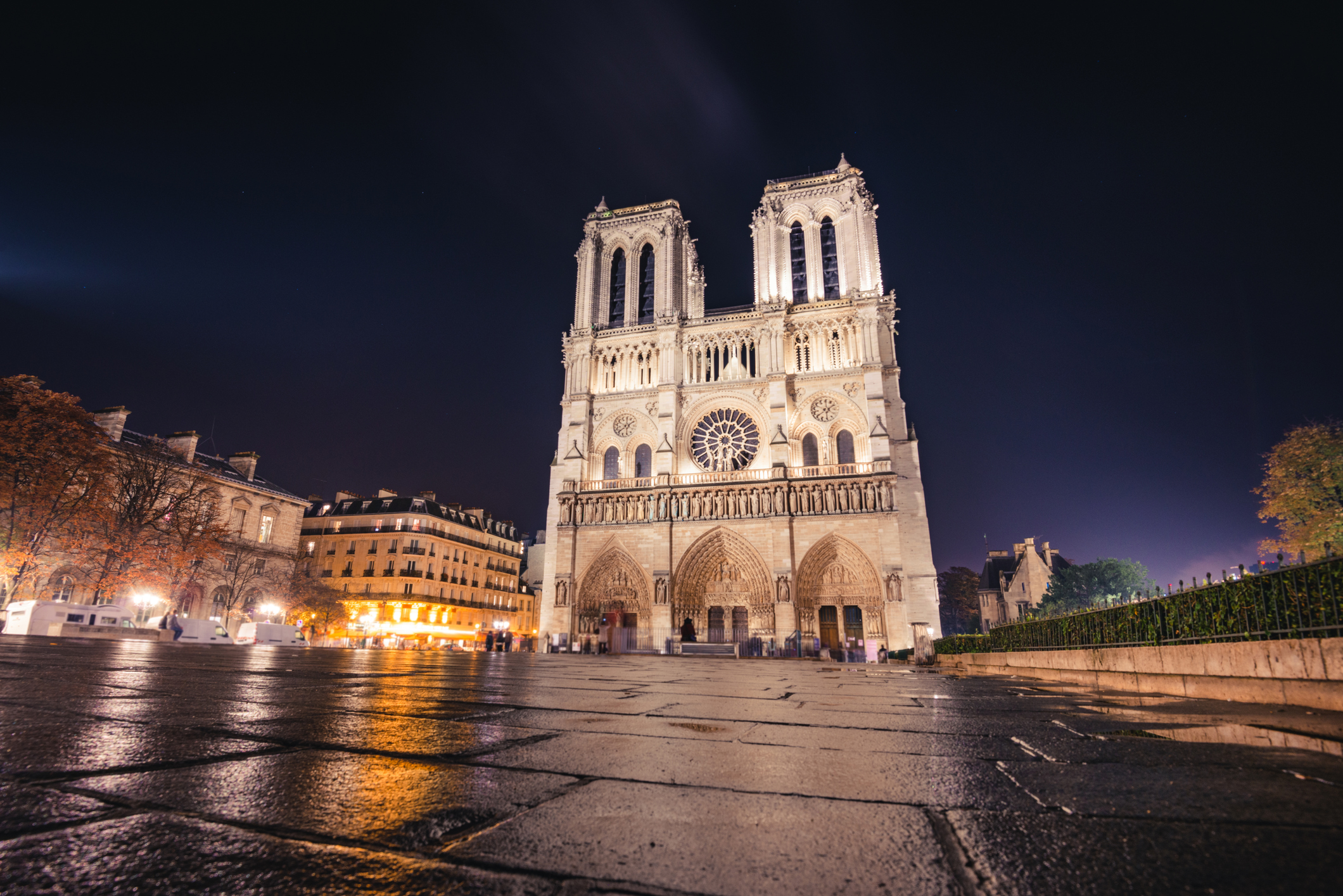Paris’ Notre-Dame Cathedral reopens on Saturday, Dec. 7, five-and-a-half years after fire destroyed its roof and spire and caused major damage throughout.
Here is what you need to know:
WHAT IS NOTRE-DAME?
A medieval Gothic masterpiece, Notre-Dame de Paris (Our Lady of Paris) is one of the French capital’s most beloved and visited monuments, celebrated for its rib vaulting, flying buttresses, stunning stained-glass windows and carved stone gargoyles.
The first stone was laid in 1163, and construction continued for much of the next century, with major restoration and additions made in the 17th and 18th centuries.
Victor Hugo helped make the cathedral a symbol of both Paris and France when he used it as a setting for his 1831 novel, “The Hunchback of Notre-Dame”. Quasimodo, the main character, has been portrayed in Hollywood movies, an animated Disney adaptation and in musicals.
WHY AND HOW DID IT BURN?
On the evening of April 15, 2019, the cathedral’s roof burst into flames. Soon, the fire had engulfed the spire and almost toppled the main bell towers. Around the world, TV viewers watched with horror.
Much of the roof collapsed but the bell towers and facade held.
It remains unclear what exactly caused the fire. Authorities have ruled out arson and said an electrical fault or a burning cigarette may have been responsible.
WHAT WILL HAPPEN AT THE OPENING CEREMONY?
Scheduled to begin around 7 p.m. (1800 GMT), the non-religious part of the ceremony was originally supposed to take place in a big tent in the cathedral’s forecourt, but now all will take place inside the cathedral due to forecast heavy winds.
It is set to start with the screening of a documentary on the reconstruction, followed by live classical music. President Emmanuel Macron, who is embroiled in a political crisis after the collapse of the French government, is scheduled to give a brief speech.
U.S. President-elect Donald Trump will be among the guests, as will President Joe Biden’s wife Jill and dozens of heads of state and government, including Ukraine’s President Volodymyr Zelenskiy.
The religious ceremony is due to end around 2000 GMT, with a concert starting shortly afterwards.
FIRST MASS IN RESTORED NOTRE-DAME TO BE HELD ON SUNDAY
The Archbishop of Paris, Laurent Ulrich, will celebrate a Mass, starting at 10:30 a.m. (0930 GMT), the first of eight days of Masses devoted to the reopening and open to specific groups of the faithful and to guests, such as donors on Dec. 11 and firefighters on Dec. 15. Some of the Masses, including on the evening of Dec. 8, at 6:30 p.m. (1730 GMT), will be open to the general public.
WHEN CAN YOU VISIT?
If you’re lucky, you can visit on the evening of Dec. 8 from 5:30 p.m. to 8 p.m. but there is at first likely to be fierce competition – and long lines – to visit the cathedral.
The cathedral says that from Dec. 7, visitors will be able to book a free ticket online, on its website, social media or a dedicated app, to get into the building on the same day or one or two days after booking. There will also be a queue on the spot for those who want to enter without a booking.
The cathedral has also created an app to help self-guide visits.
Groups will only get access next year – from Feb. 1 for religious groups or from June 9 for tourists with guides.
The cathedral expects to welcome 14 to 15 million visitors every year. There is a huge debate in France over whether visitors should pay to get in. The Church is against it, and for now visiting remains free.
HOW WAS THE CATHEDRAL REBUILT?
Money poured in from all over the world, including from French luxury sector billionaires Francois Henri Pinault and the Arnault family. So much money has been donated – more than 840 million euros ($888 million), according to Macron’s office – that there will funds left over for further investment in the building.
The damage has needed five years’ worth of restoration work.
WHAT HAS CHANGED?
Officials say the cathedral is more beautiful than ever, not only because its spire, roof and anything else destroyed by the fire was rebuilt by thousands of expert craftspeople, but also because the stone and paintings, which had blackened over the years, have been thoroughly cleaned. The furniture was also renovated and cleaned, or replaced.
Not everything was damaged in the fire. For instance, emergency workers formed a human chain to whisk gem-studded chalices and other priceless artefacts out of harm’s way.
(Reuters)














